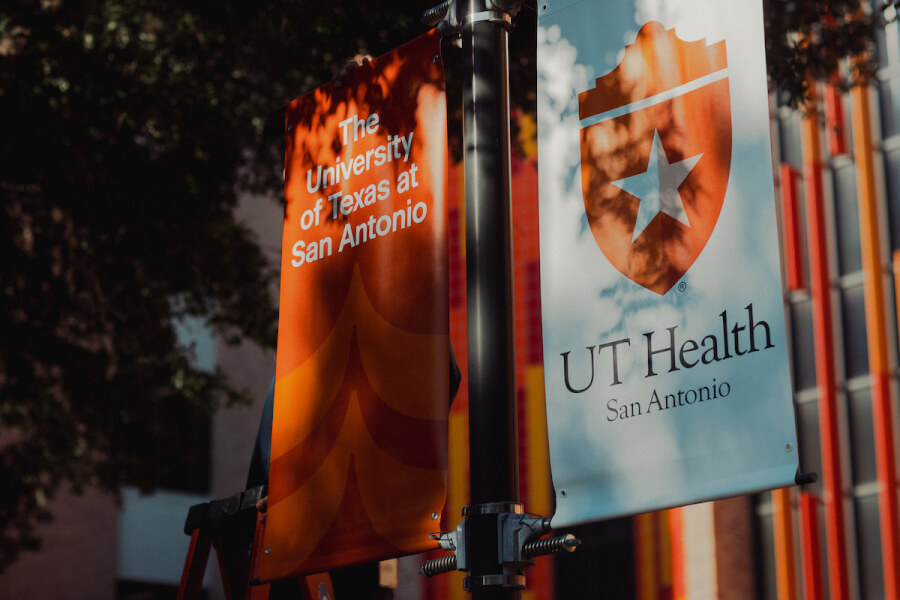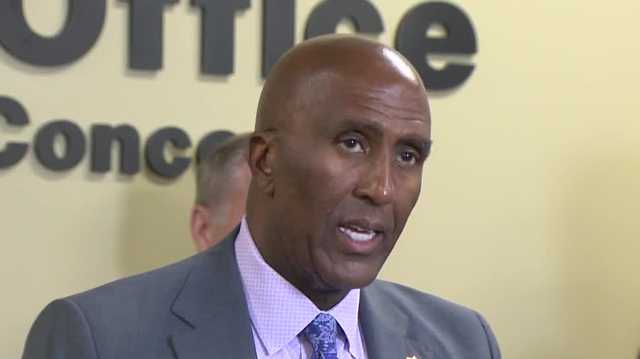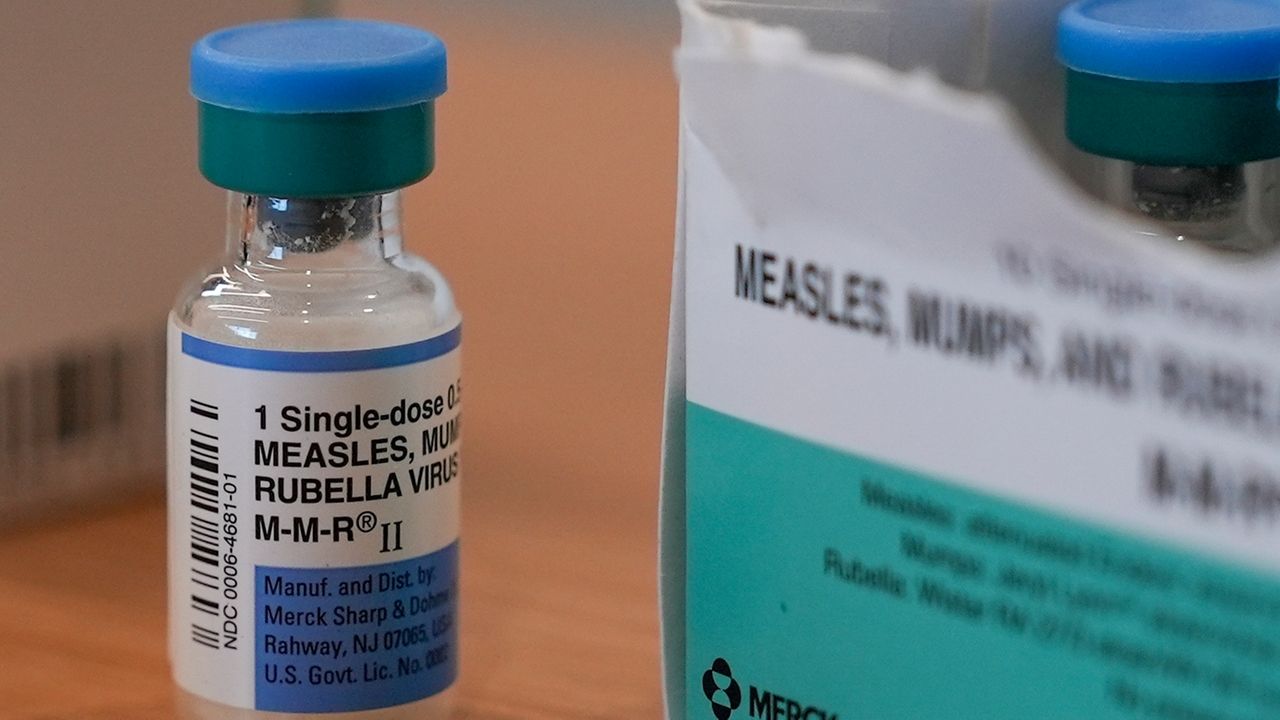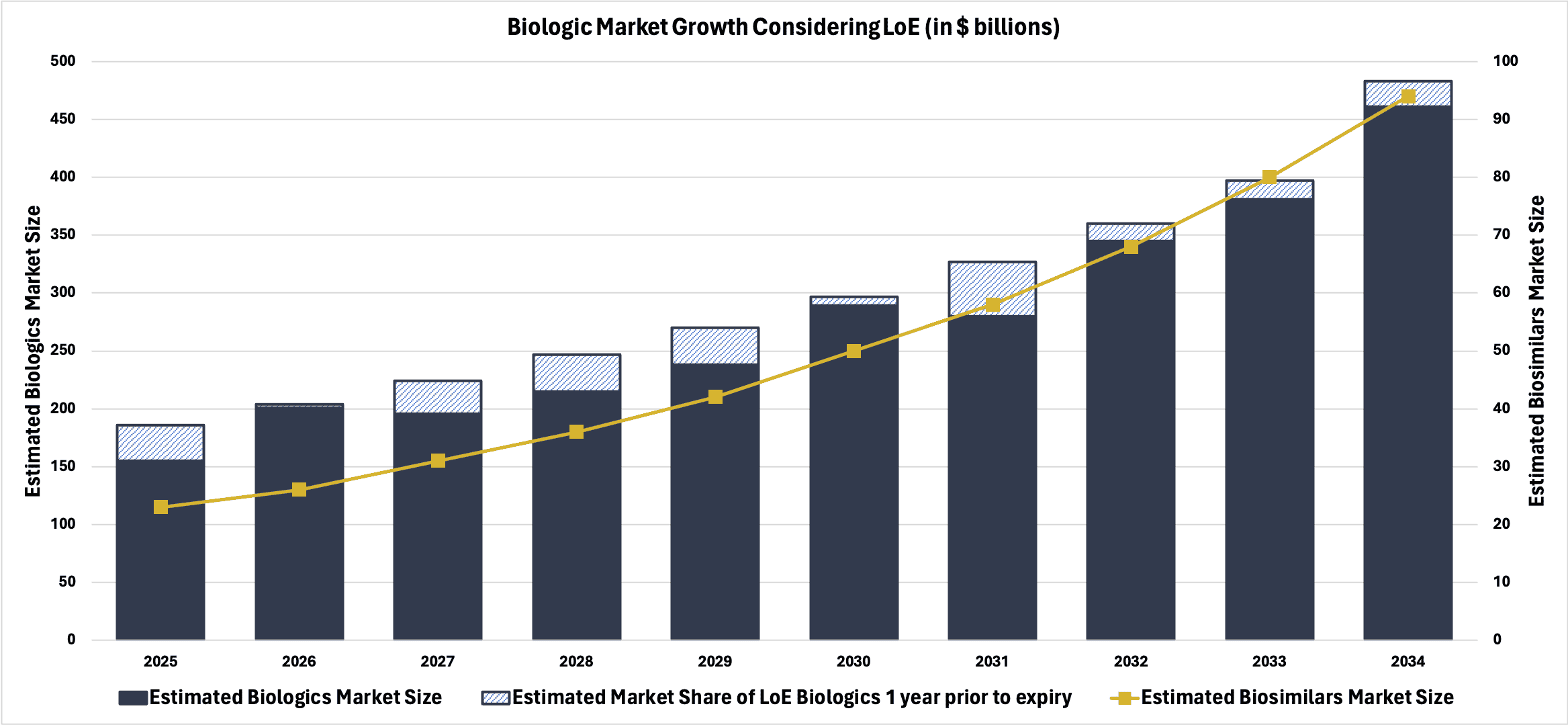Resilience Redefined: How UT Health San Antonio Pioneers Medical Excellence

UT San Antonio Health Science Center is making a significant impact on Texas healthcare by cultivating a dedicated workforce of medical professionals who are committed to serving their local communities. The university's graduates overwhelmingly choose to remain in the state, strategically addressing critical shortages in key healthcare sectors such as medicine, nursing, dentistry, and allied health fields.
By nurturing talented healthcare professionals who are passionate about local care, the institution plays a crucial role in strengthening the state's medical infrastructure. These graduates not only fill essential workforce gaps but also ensure that Texans receive high-quality, compassionate healthcare services across diverse communities.
The university's commitment to producing skilled and locally-focused healthcare professionals demonstrates its dedication to improving the overall health and well-being of Texas residents, one graduate at a time.








